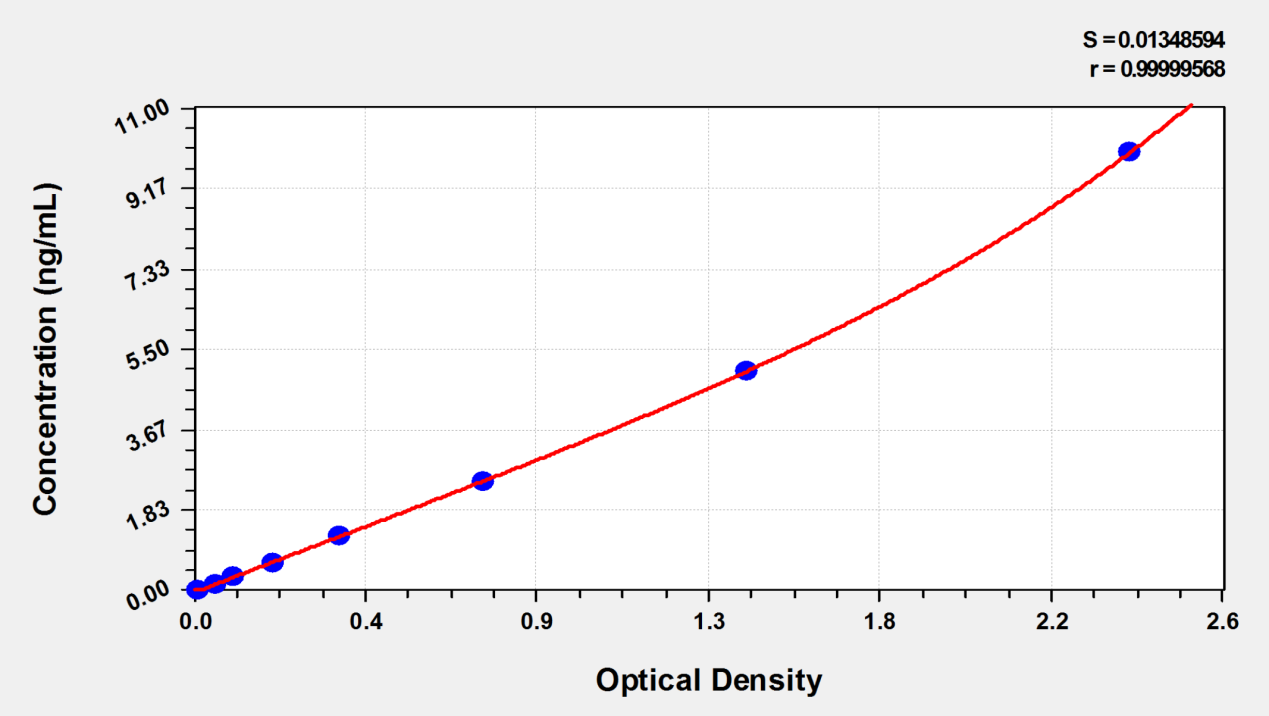The authors clinical studies support the efficacy of programmed cell death 1 (
PD-1) targeted therapy in a subset of patients with metastatic gastric cancer (mGC). With the goal of identifying determinants of response, they performed molecular characterization of tissues and circulating tumor DNA (ctDNA) from 61 patients with mGC who were treated with pembrolizumab as salvage treatment in a prospective phase 2 clinical trial. In patients with microsatellite instability-high and Epstein-Barr virus-positive tumors, which are mutually exclusive, dramatic responses to pembrolizumab were observed (overall response rate (ORR) 85.7% in microsatellite instability-high mGC and ORR 100% in Epstein- Barr virus-positive mGC). For the 55 patients for whom programmed death-ligand 1 (PD-L1) combined positive score positivity was available (combined positive score cut-off value≥1%), ORR was significantly higher in PD-L1 (+) gastric cancer when compared to PD-L1(-) tumors (50.0% versus 0.0%, P value <0.001). Changes in ctDNA levels at six weeks post-treatment predicted response and progression-free survival, and decreased ctDNA was associated with improved outcomes. Our findings provide insight into the molecular features associated with response to pembrolizumab in patients with mGC and provide biomarkers potentially relevant for the selection of patients who may derive greater benefit from PD-1 inhibition.
Programmed cell death protein 1, also known as
PD-1 and CD279 (cluster of differentiation 279), is a protein found on the surface of cells that has a role in regulating the immune systems response to the cells of the human body by down-regulating the immune system and promoting self tolerance by suppressing T cell inflammatory activity. This prevents autoimmune diseases, but it can also prevent the immune system from killing cancer cells.
PD-1 is an immune checkpoint and guards against autoimmunity through two mechanisms. First, it promotes apoptosis (programmed cell death) of antigen-specific T-cells in lymph nodes. Second, it reduces apoptosis in regulatory T cells (anti-inflammatory, suppressive T cells).
Test principle:
This assay employs a two-site sandwich ELISA to quantitate
PDCD1 in samples. An antibody specific for PDCD1 has been pre-coated onto a microplate. Standards and samples are pipetted into the wells and anyPDCD1 present is bound by the immobilized antibody. After removing any unbound substances, a biotin-conjugated antibody specific for PDCD1 is added to the wells. After washing, Streptavidin conjugated Horseradish Peroxidase (HRP) is added to the wells. Following a wash to remove any unbound avidin-enzyme reagent, a substrate solution is added to the wells and color develops in proportion to the amount of
PDCD1 bound in the initial step. The color development is stopped and the intensity of the color is measured
Range: 0.156 - 10 ng/mL
Sensitivity: 0.1 ng/mL
Standard curve:
Sherry
